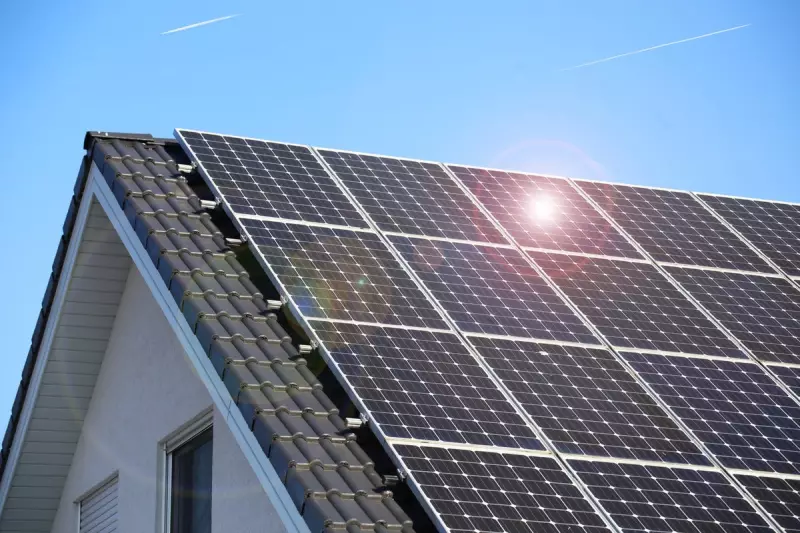
For homeowners across the UK considering renewable energy, a crucial question arises: how long do solar panels actually last? Understanding their durability is key to calculating years of free electricity and the overall return on your investment.
The Impressive Lifespan of Modern Solar Panels
The good news is that solar panels are built to endure. According to UK installer Glow Green, most modern systems have a lifespan of around 30 years. This longevity is a primary reason the answer to 'Are solar panels worth it?' is a resounding yes for many households.
Peace of mind is further bolstered by extensive warranties, often stretching up to 25 years. This protection is contingent on proper system maintenance and meeting the specific conditions outlined in the warranty agreement.
What Your Solar Panel Warranty Really Covers
A typical solar panel warranty addresses two critical areas: manufacturing defects and performance guarantees.
The first is straightforward. If your panels fail due to a fault in their manufacture, they should be repaired or replaced at no extra cost. As most panels are not made in the UK, your installer or supplier will manage the process with the overseas manufacturer or importer.
The second part, the performance guarantee, is equally vital. All solar panels experience a slow decline in efficiency over time due to exposure to the elements. The degradation rate is typically around 0.5% per year.
This means that after 25 to 30 years, high-quality panels will still be producing approximately 85–90% of their original output. If their performance drops below the level promised in your warranty—for instance, below 80% after 25 years—you could be eligible for a repair, replacement, or compensation.
Life After 30 Years: Replacement and Recycling
After three decades, your panels will likely still be generating a decent amount of power. If they are securely fixed to your roof, you may not need to do anything at all.
However, with solar technology advancing rapidly, you might find that newer models can generate far more electricity from the same roof space. It could become cost-effective to replace them. Future grid electricity prices and the potential lower cost of new panels will influence this decision.
Regardless, you will have benefited from 30 years of use or more. The technology has seen a dramatic rise in efficiency, from about 6% in the 1950s to over 22% for the best commercial panels in 2025, making solar a mainstream power source.
Can You Recycle Solar Panels?
Yes, solar panels can and should be recycled. In the UK, they fall under the Waste Electrical and Electronic Equipment (WEEE) regulations, which mandate the recycling of specific electronic goods at the end of their life.
The bulk of a solar panel is made from glass and aluminium, both of which are highly recyclable. The silicon, plastic, and other metals can also largely be recovered.
In fact, the International Energy Agency (IEA) reports that 80–95% of a solar panel's materials can be recovered and reused. While these recycled components are unlikely to be turned into new panels in the UK due to the current lack of manufacturing, they can be repurposed for products like automotive glass.
Protecting Your Solar Investment with Insurance
While your warranty covers defects and performance issues, it will not protect against physical damage, such as that caused by a falling tree. Therefore, it is essential to ensure your home insurance policy covers your solar panels. Most modern policies do, but you must inform your insurer that you have had them installed.





